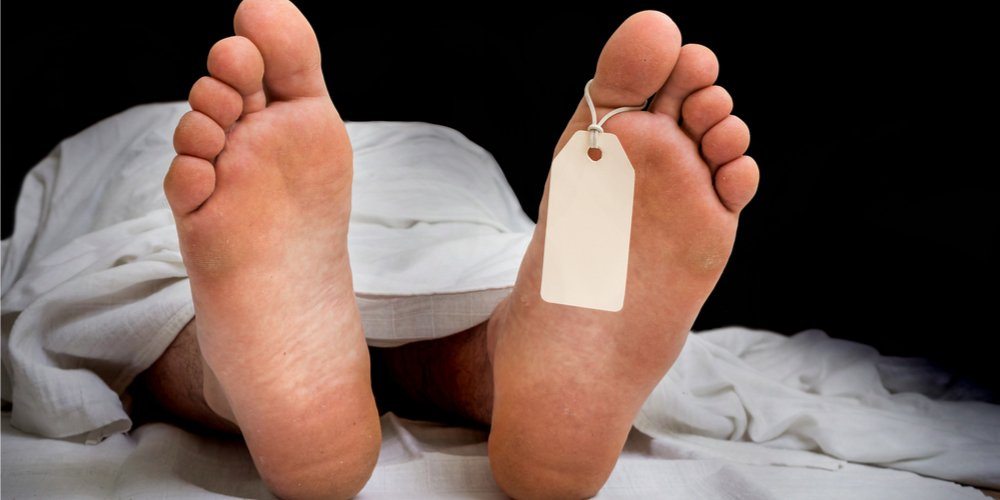93% of personal pension holders don’t know where their money will go when they pass away. As such, they might not have the right provisions in place to make sure that it is distributed according to their wishes.
The introduction of Pension Freedoms means that re-education is necessary if personal pension holders are to fully understand what happens to their pension when they die.
Where does the money go?
Research from AJ Bell suggests that just 7% of people are aware that their pension provider will get the last say on who receives their pension when they die, accounting for nominated beneficiaries.
The remaining 93% believe that their remaining pension fund will:
- Automatically go to the government (4%)
- Form part of their personal estate and will be distributed in accordance with their will (14%)
- Automatically go to the nominated beneficiary (51%)
The remaining quarter of people admitted that they did not know, or were unsure how their remaining pension fund would be dealt with.
A nominated beneficiary is a sure thing, right?
Not always.
The research shows that almost a third (32%) of personal pension holders have never nominated a beneficiary, whilst even more (35%) have not updated their nomination for over five years. Worryingly, 6% of people do not know whether they have a nominated beneficiary or not.
The remainder have updated or made their nominations within:
- The past year (8%)
- The past two years (5%)
- The past three years (5%)
- The past five years (9%)
It is estimated that with deaths, births, marriages and divorces, there are two million life events each year which can affect the distribution of a personal pension. Therefore, it is highly important to be mindful of whether your nomination is current, valid and accurately reflects your wishes.
How is it taxed?
You know how it goes with death and taxes…
But many people are confused about what taxes will apply to their remaining pension fund and how much their loved ones could lose. A massive 58% said that they had no idea what would happen, whilst the remainder believed that their pension would be:
- Subject to Inheritance Tax (IHT) (10%)
- Subject to Capital Gains Tax (CGT) (2%)
- Tax free (11%)
- Subject to the beneficiary’s income tax rate (14%)
- Tax free, if they die before reaching 75 and subject to the beneficiary’s income tax rate, if they die past the age of 75 (4%)
The final 4% were correct, however, the reality of IHT makes the answer rather more complex. IHT may be due if funds are transferred between tax free accounts when:
- The owner knowingly has a terminal illness
- AND the owner dies within two years of making the transfer
What to do now
Now that you know that any remaining pension fund may not be distributed and taxed in the way you might expect, it is time to take steps to ensure that you have as much control as possible. For many people, having their wishes respected is important and knowing that these things will be taken care of when you die is a huge relief.
So, there are two things you should do now:
- Update your beneficiary nomination and make a note to review this each year.
- Consult a financial adviser to find out what taxes your pension pot could be subject to, and to use tax efficient methods to ensure that your loved ones are left with as much of the value and as little stress, as possible.
For help in fully understanding your pensions, IHT and estate planning, get in touch with Ben.






